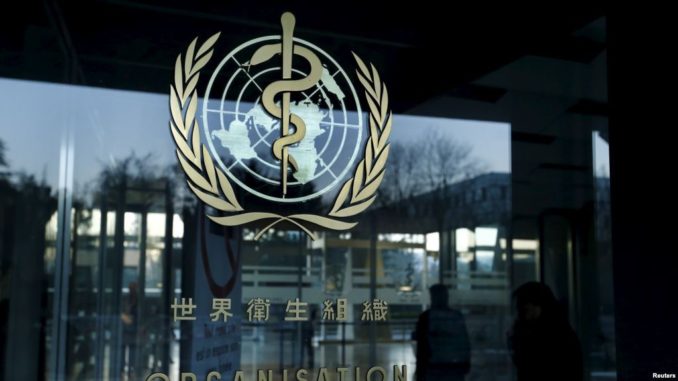
Despite the fast spreading rate of the new coronavirus, the World Health Organisation (WHO) has decided that the outbreak is yet to attain the status of Public Health Emergency of International Concern (PHEIC).
It, however, warned that there is an emergency in China.
This decision was reached on Thursday after two days of deliberations by the Emergency Committee convened by the WHO Director-General under the International Health Regulations (IHR) (2005).
The meeting was adjourned on Wednesday to reconvene on Thursday.
The committee’s role is to give advice to the director-general, who makes the final decision on the determination of a Public Health Emergency of International Concern (PHEIC).
The meeting became necessary after reports of the exportation of the disease was recorded in the Republic of Korea, Japan, Thailand, Taiwan, Singapore, Hong-Kong and the U.S.
Decision
WHO in a statement released after the meeting said despite the spread of the dangerous respiratory infection from China to at least six other countries, the disease is yet to attain the official global emergency status.
The statement explains that though the disease has reached beyond China, the number of cases in other countries is still relatively small, and the disease does not seem to be spreading within those countries.
WHO said of 584 cases now reported, 575 of them and all the deaths have been in China.
WHO Director-General, Tedros Ghebreyesus, said “as at this time, there is no evidence of human to human transmission out of China.”
Although he agreed that the situation is an emergency, he said there is still a need to study the disease pattern.
“It causes severe diseases, and it can kill, but in most cases, it causes milder symptoms.
“We know that among those infected, one quarter of patients have experienced severe disease and that it can kill. We know that most of those who have died had underlying health conditions such as hypertension, diabetes, or cardiovascular disease, that weakened their immune systems,” he said.
Meanwhile, the committee argued that because the source is still unknown (most likely an animal reservoir) and the extent of human-to-human transmission is still not clear, it cannot be declared global emergency.
The committee had a tough time arriving at the decision because members had varying opinions about the status of the disease.
It was, however, concluded that the disease should still be studied before it is pronounced a global threat.
Committee could reconvene
The Committee members also agreed on the urgency of the situation, and suggested that the committee should be reconvened “in a matter of days” to examine the situation further.
The committee made a number of recommendations regarding measures to control the outbreak.
The chairman of the committee advised WHO to provide information to the international community through an international multidisciplinary operation, in order to enhance understanding of the situation and its public health impact.
“In the face of an evolving epidemiological situation and the restrictive binary nature of declaring a PHEIC or not, WHO should consider a more nuanced system, which would allow an intermediate level of alert,” it said.
Also, the Chinese authorities were encouraged in the statement to provide more information on the ways they are managing the risk of further cases, and to work with the WHO and other partners to better understand the evolution of the outbreak.
All countries, recommends the committee, should be prepared to contain the virus, through active surveillance, early detection, isolation, case management, and prevention of onward spread of infection, and to share full data with WHO.
The committee however welcomed the efforts made by China to investigate and contain the current outbreak.
END

Be the first to comment